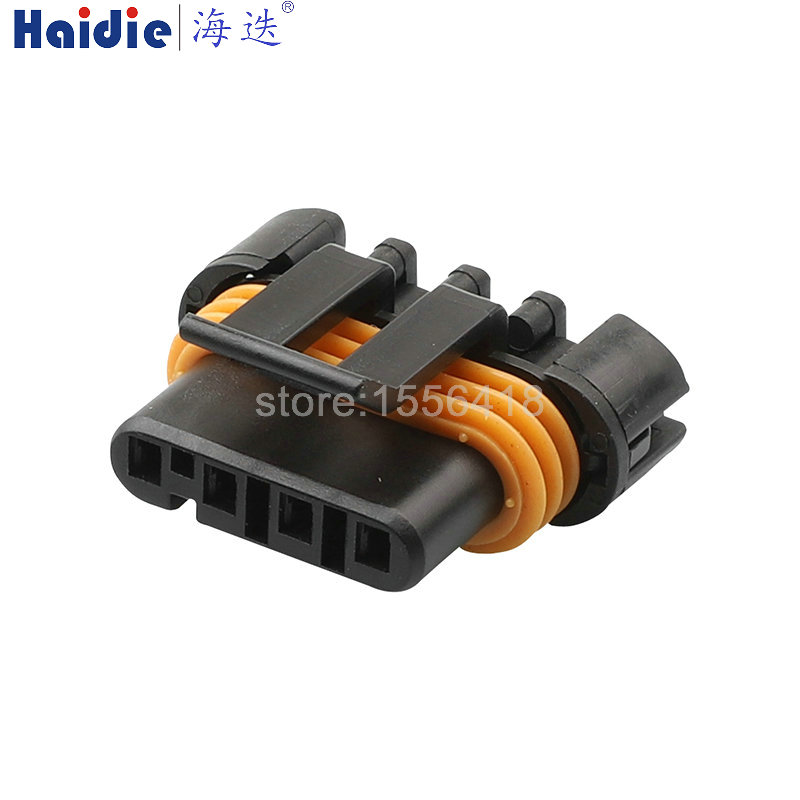Automotive connectors are an important part of the vehicle’s electrical system, and they play a role in connecting the circuits of various components. They usually consist of two parts: a plug and a socket, which are used to connect the circuit. The quality of the connector is directly related to the reliability and stability of the vehicle electrical system. Failure of the connector will result in interruption or damage to the electrical circuit, which may affect the performance and economy of the vehicle.
Each system of the car depends on the function of the connector. For example, the ignition system needs to be connected with a high-voltage cable plug; the motor needs to be electrically connected to the battery through the engine control module; the ABS braking system needs the data of the sensor module; The brake dial is connected to a filter that drives an additional pump. To summarize the previous examples, the various systems of the car rely on these connectors to ensure the high-speed transmission of electrical signals, which helps to achieve the best performance and economy of the vehicle.
In addition, the importance of automotive connectors lies in the integrity of the on-board equipment and the convenience of assembly. Nowadays, the design of automobiles is more and more focused on modularization. The modular design can simplify the structure of the connector, which greatly improves the speed and efficiency of vehicle assembly, and at the same time allows maintenance to be achieved more quickly. A good automotive connector is detachable, easy to install, and able to withstand harsh environmental conditions such as humidity, salt, dust, and high temperatures.
All in all, automotive connectors have an important impact on the stability and reliability of vehicle electrical systems. They are critical components for the smooth functioning of vehicle systems, enabling vehicles to achieve optimum performance and economy.
Post time: May-06-2023


